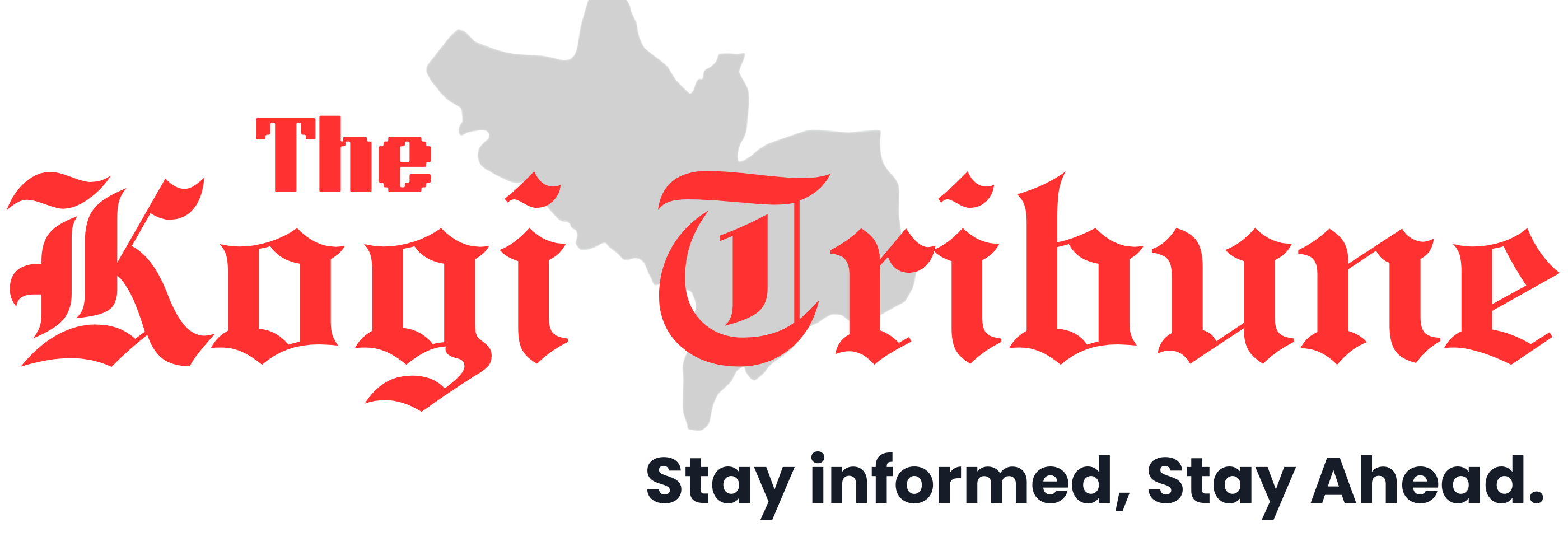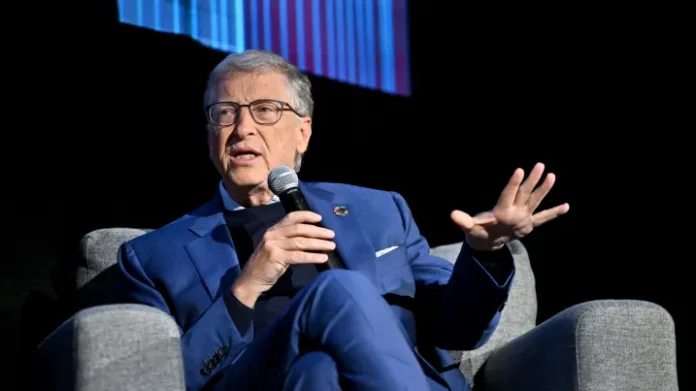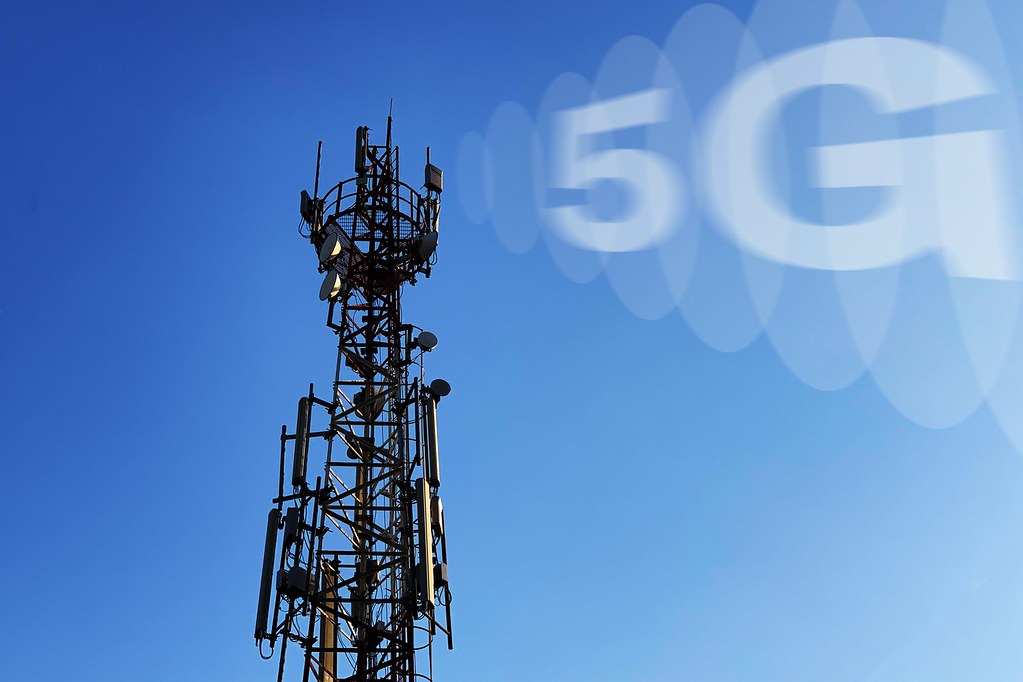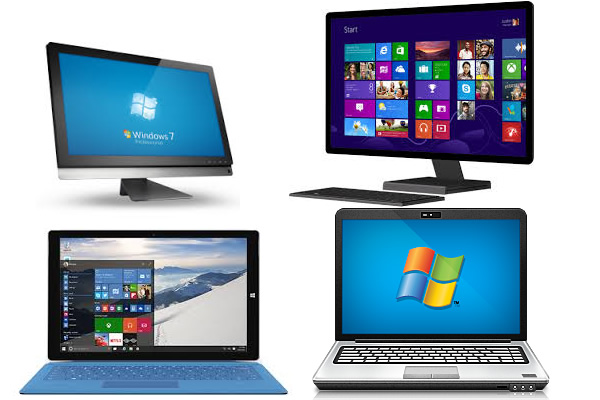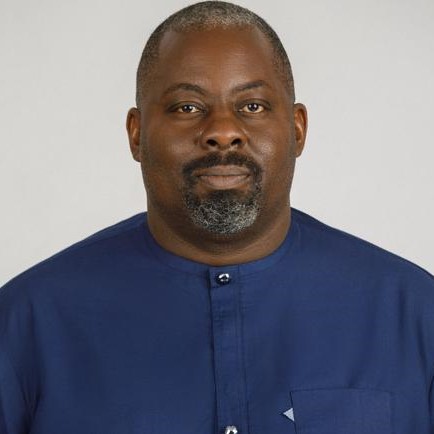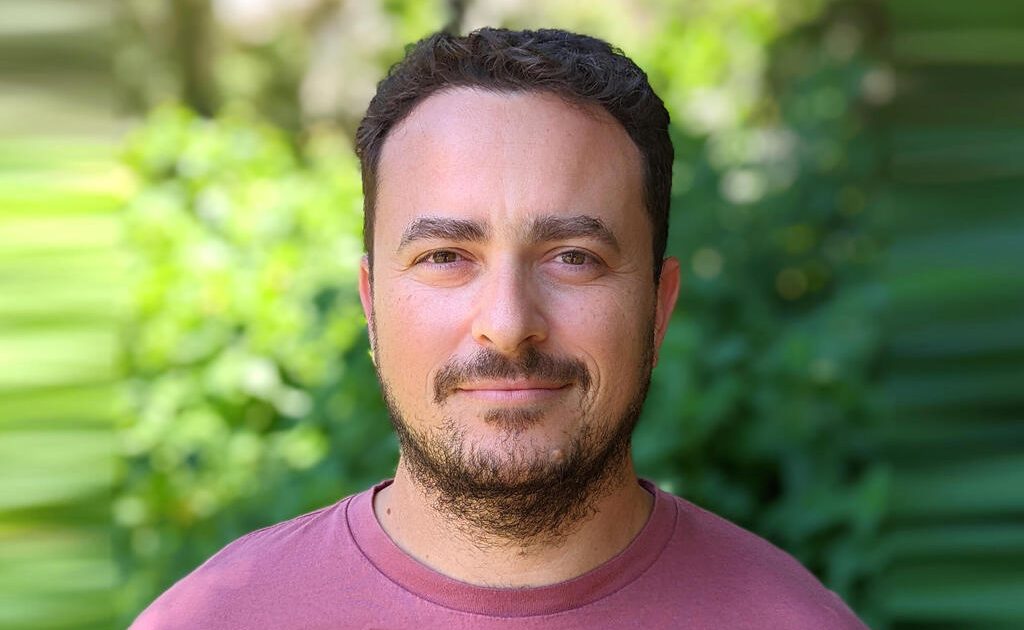Bill Gates: Within 10 Years, AI Will Replace Many Doctors and Teachers—Humans Won’t Be Needed ‘for Most Things’
Bill Gates speaks during an event promoting the Netflix docuseries “What’s Next? The Future with Bill Gates” in New York City on September 26, 2024.
Over the next decade, advances in artificial intelligence will mean that humans will no longer be needed “for most things” in the world, says Bill Gates.
The Microsoft co-founder and billionaire philanthropist shared this view during an interview with comedian Jimmy Fallon on The Tonight Show in February. Currently, expertise is still “rare,” Gates explained, highlighting the importance of human specialists in fields like medicine and education.
“But with AI, over the next decade, that will become free, commonplace—great medical advice, great tutoring,” Gates said.
In a separate interview with Harvard University professor Arthur Brooks, Gates described this emerging era as “free intelligence.” He believes AI-powered technologies will rapidly advance and touch nearly every part of our lives, from improved medical treatments and diagnostics to widely accessible AI tutors and virtual assistants.
“It’s very profound and even a little bit scary—because it’s happening very quickly, and there is no upper bound,” Gates told Brooks.
The Debate on AI’s Impact on Jobs
The question of how humans will fit into this AI-driven future remains open. Some experts argue that AI will enhance human work efficiency rather than replace jobs entirely, creating new economic opportunities. Others, including Microsoft AI CEO Mustafa Suleyman, predict that technological advancements will fundamentally change jobs across nearly every industry and cause significant disruption.
“These tools will only temporarily augment human intelligence,” Suleyman wrote in his 2023 book The Coming Wave. “They will make us smarter and more efficient for a time, and will unlock enormous amounts of economic growth, but they are fundamentally labor-replacing.”
AI: A ‘Fantastic Opportunity’ with Risks
Despite concerns, Gates remains optimistic about AI’s potential to address global challenges. He envisions AI contributing to “breakthrough treatments for deadly diseases, innovative solutions for climate change, and high-quality education for everyone.”
Speaking to Fallon, Gates acknowledged that some human activities, like playing sports, are unlikely to be replaced by AI. However, he believes that many other tasks—such as manufacturing, logistics, and agriculture—will eventually become fully automated.
“There will be some things we reserve for ourselves,” Gates said. “But in terms of making things and moving things and growing food, over time those will be basically solved problems.”
Gates also recognizes the risks of AI development. In a 2023 blog post, he acknowledged concerns about the technology’s potential to spread misinformation and its current tendency to produce errors. Still, if he were to start a business today, he would focus on AI, describing it as a “fantastic opportunity” for young entrepreneurs.
“Today, somebody could raise billions of dollars for a new AI company [with just] a few sketch ideas,” Gates said, encouraging young innovators to seize the moment.
Gates Predicted AI’s Rise Years Ago
Gates foresaw AI’s transformative potential nearly a decade ago. When asked in 2017 which industry he would focus on if he had to start over, he immediately chose AI. At a Columbia University event that year, he called the work in artificial intelligence “profound,” referencing Google’s DeepMind achievement in creating a program that could defeat human champions at the board game Go.
By 2023, even Gates was surprised by AI’s rapid development. He had challenged OpenAI to create a model capable of scoring at the top level on a high school AP Biology exam—a task he thought would take two or three years. OpenAI completed the challenge in just a few months.
Gates called this achievement “the most important advance in technology since the graphical user interface [in 1980].”
Sources: CNBC and NBC
